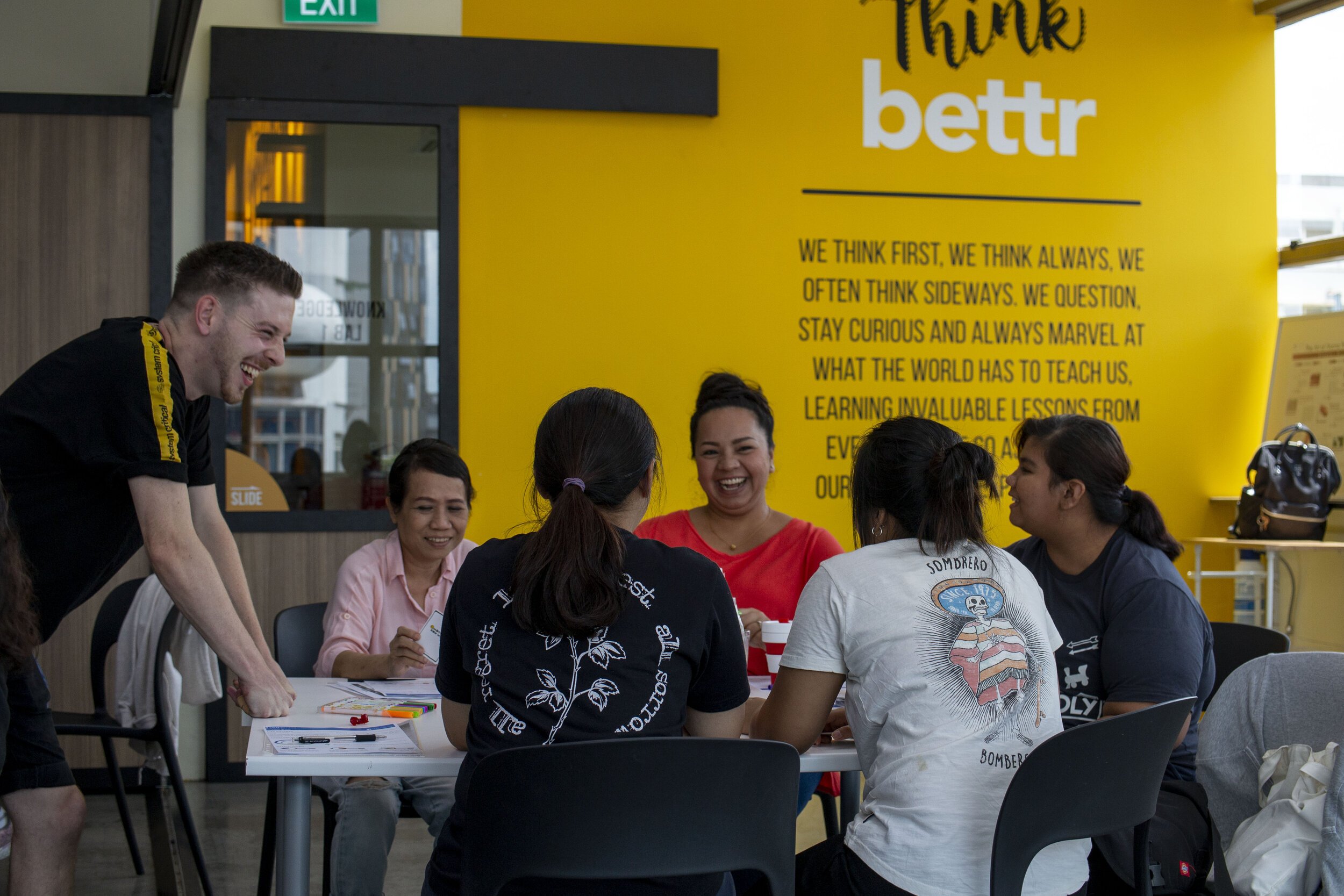Why EQ will be your most important skillset
For nearly two weeks in October 1962, the end of the world dangled perilously at the fingertips of two anxious men. You’ll never know how close we came is the tagline of a movie detailing the events of the Cuban Missile Crisis. During those two weeks, people hoarded food, gas, and essential items; similar to this year. Nuclear war was imminent. Panic was widespread. The emotions of millions ran wild, but the decisions of just two men (John F. Kennedy and Nikita Khrushchev) negotiating reigned us back from the edge of nuclear warfare. Emotional intelligence is a make-or-break quality in crises ranging from the Cold War to the COVID-19 pandemic.
Hopefully, your emotional intelligence (EQ) won’t be tested by the threat of nuclear war, but how you understand and manage emotions to act intentionally for the best outcome will be tested often. Emotional intelligence is the ability to navigate emotions through self-awareness, management, social-awareness, and social skills/relationship management. Home disputes, workplace miscommunications, and difficult colleagues all make for fertile ground to practice your EQ skills.
EQ will become your most important skill set in the office and beyond for these reasons:
1. EQ makes you more employable
When you invest in your EQ, you’re increasing your opportunities for employment as well as your paygrade. The World Economic Forum predicts that EQ will be a top job skill by 2022 - scarcely a year and a half from the time of writing. Having high EQ is reflected by remaining positive and optimistic working to implement optimal solutions and by handling stress well and performing under pressure. Workplaces are placing increasing importance on evaluating a potential hire’s EQ. Research on EQ shows that those with high levels of EQ earn on average, up to $29,000 more per year. For this skill, you’re more likely to get hired, and with a better salary. Double bonus.
As you become more emotionally intelligent, you have more quality relationships. You’re more reliable in your role, you’re trustworthy, and you’re an asset to the people around you. You’re more likely to be promoted into a leadership role.
2. EQ means you can adapt quickly to change & crisis
Necessity is heralded as the mother of innovation, but success requires more than just innovation. Flexibility and the ability to embrace change to do things differently in an evolving normal determines how you will raise an innovation to maturity after necessity conceives it. Stay abreast of changes by keeping an open mind, trying new technologies, and finding alternatives rather than cancelling events, operations, and projects. A can-do attitude can motivate teams, departments, and companies, making you an invaluable asset and a rock.
Understanding context is a skill that cannot be automated, so your ability to adapt to that context keeps you and your job relevant.
3. EQ makes you more resilient
When you have the emotional management skills to stay positive and sturdy in times of hardship, you bounce back. You hardly lose an opportunity cost when you stumble since you search for different ways to come back stronger and make yourself valuable by expanding your specialisations and being able to work effectively across teams. When things change, you won’t be shoehorned into one department or position that might be shutting down.
Studies estimate that 10% of jobs will be automated in 2020, and nearly half of all jobs will become automated within the decade. Soft skills like EQ are the hardest to learn and teach - that’s what will give you an edge to keep your job secure from automation, outsourcing, or robots.
Singapore’s most valuable commodity is its human talent. With scarce land and natural resources, the island city nation state became the dazzling hub of finance and trade in Southeast Asia within a generation by investing in its people. Change will march on, and Singapore needs to invest in EQ to make its people the most valuable, reliable, employable, flexible, and resilient leaders for the job of transforming 2020 and the future.

